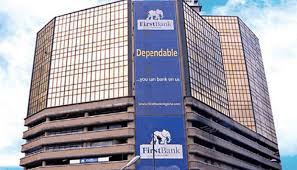
The Lagos State Government has increase by a flat rate of N100 the fares for all Bus Rapid Transit and Standard routes.
With the increase, a bus ride from Ikorodu to TBS will now cost N600 from N500, while Berger to Ajah is now N700, up from N600.
Oshodi to Abule Egba will cost N450 from N350 and Abule-Egba to CMS-Obalende will attract a fare of N600.
A statement said the increase, which would come into effect on Wednesday, 13 July 2022, is aimed at ensuring sustainability of the BRT and standard route schemes.
It added that Governor Babajide Sanwo-Olu in consenting to the fare increase also approved a proposal for a bailout for the bus operating companies (route franchise operators/concessionaires), in order to cushion the effect of the harsh operating environment, safeguard private partnership investment, and forestall the demise of formalised bus operations in the state.
“The operations of the transport scheme had been hampered due to rising cost of inputs required for sustainable service offering and the attendant high number of buses out of operation. For instance, the increase in the pump price of diesel from N187 to N830/litre between August 2020 and June, 2022, had greatly affected optimal performance of the bus operating companies, leading to the withdrawal of buses from operation and longer waiting time at bus stations.
“In view of the economic situation, the government is also providing support for the Bus Operating Companies in view of the continuous increase in fuel price. This is to ensure that the increment to the passenger is kept to a minimum,” the statement said.
The governor also approved the appeal by the Lagos Metropolitan Area Transport Authority for the conversion of the current diesel buses in operation to the use of compressed natural gas and a shift to economically viable and environmentally friendly mobility energy solution that are cost efficient and maximize operations cost such as electric vehicles, hydrogen buses and the development of hybrid energy sources as alternative fuelling for the current Bus Reform Initiative buses.











